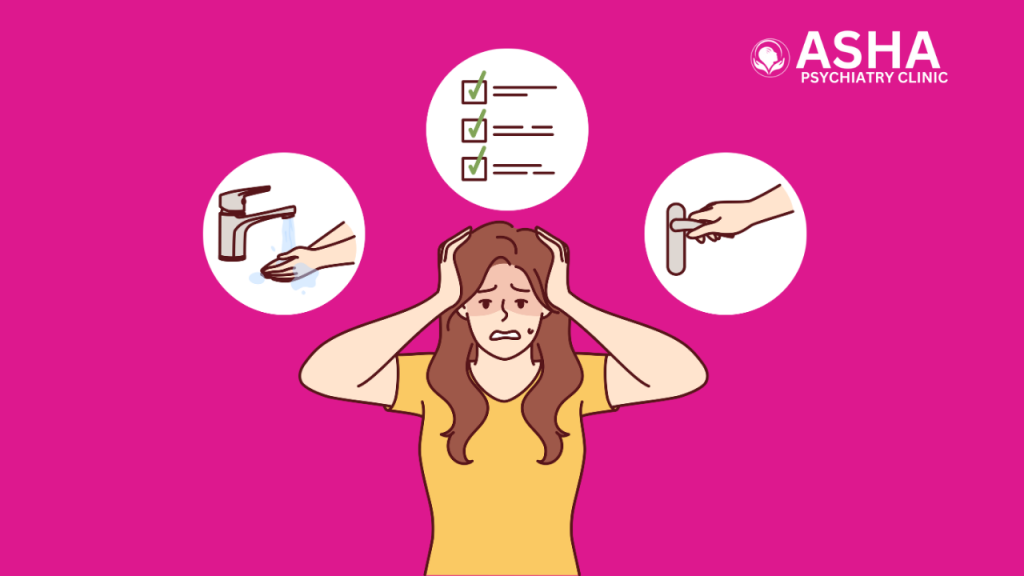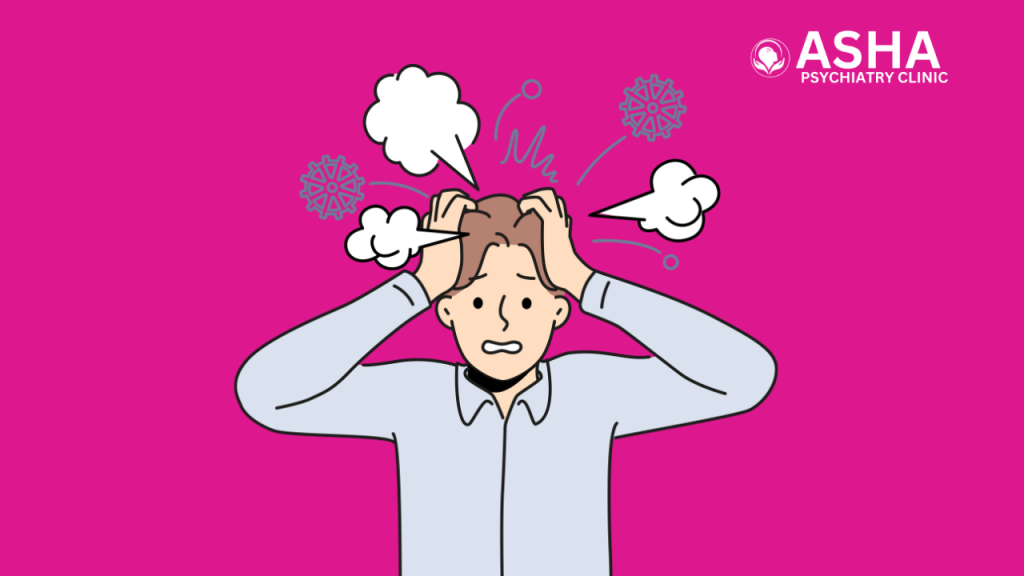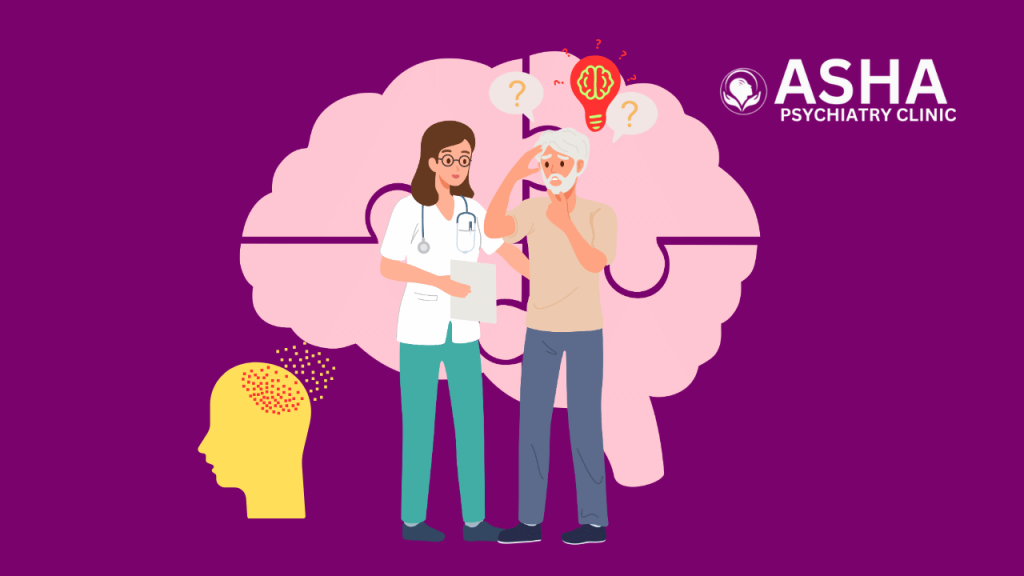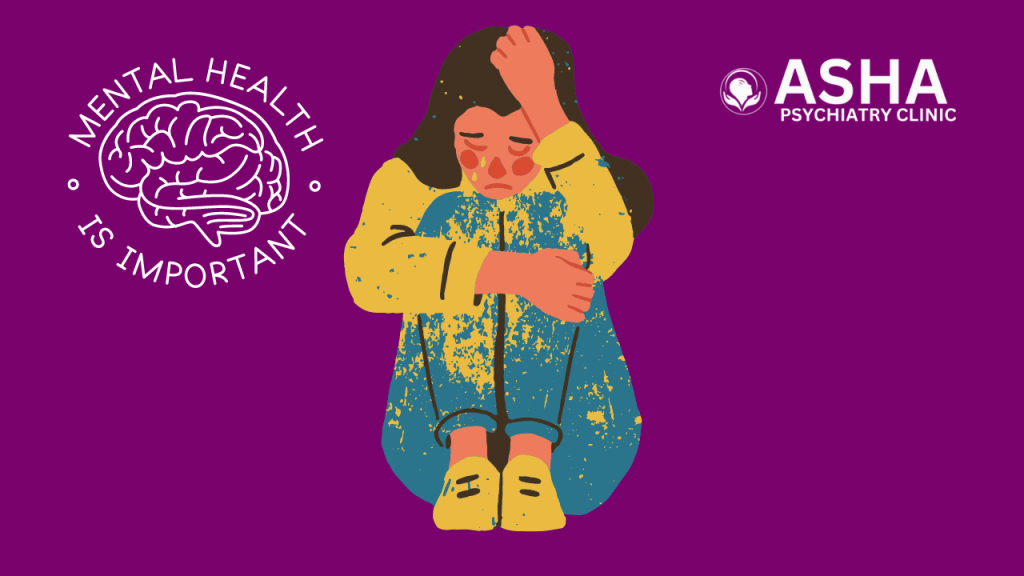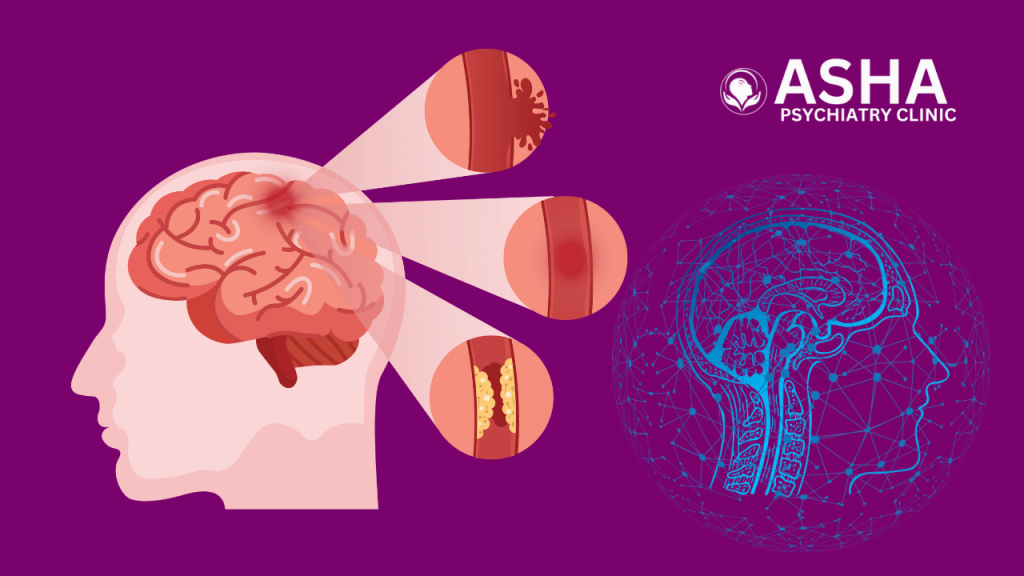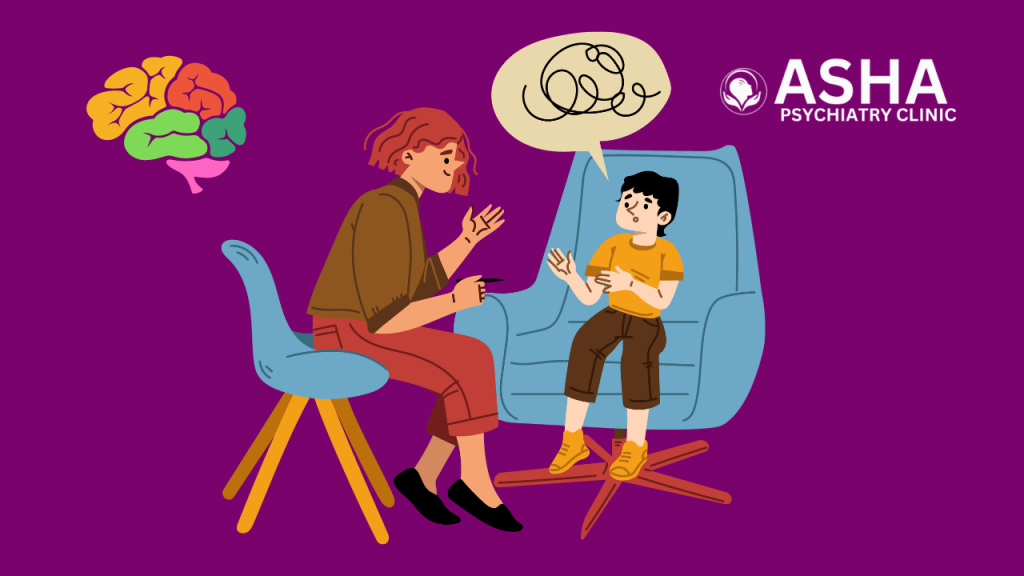Food cravings are a common experience, but they can often derail our healthy eating habits. While it’s natural to feel the urge for a snack, intense cravings, especially for high-calorie, sugary, or fatty foods, can lead to overeating and unwanted weight gain.
One of the top-rated and best psychiatrists in Hyderabad, Dr. Srikanth Bandari, practices at Asha Hospital in Banjara Hills and Asha Psychiatry Clinic in BHEL Lingampally. He suggests that managing food cravings is not just about willpower but understanding the psychological and physiological triggers behind them.
Here are some tips from Asha Psychiatry Clinic Consultant Psychiatrist Dr. Srikanth Bandari on how to take control of food cravings and lead a healthier life:
How to Beat Food Cravings
Identify Emotional Triggers:
Cravings are often linked to emotions like stress, boredom, or anxiety. Keep a journal to track your emotions and eating habits to uncover patterns.
Avoid Skipping Meals:
Skipping meals or cutting calories too drastically can lead to intense cravings later. Eat regular, balanced meals with protein, fiber, and healthy fats to stabilize blood sugar levels and reduce cravings.
Practice Mindful Eating:
Focus fully on your food when eating. Pay attention to hunger and fullness cues, savor each bite, and avoid distractions like TV or phone. This helps distinguish between actual hunger and emotional eating.
Stay Hydrated:
Sometimes thirst is mistaken for hunger. Drink water before snacking, and aim to stay hydrated throughout the day to reduce unnecessary cravings.
Get Enough Sleep:
Sleep deprivation disrupts hunger hormones like ghrelin (which increases hunger) and leptin (which signals fullness). Ensure 7-8 hours of sleep each night to help control cravings.
Limit Processed Foods:
Processed foods are designed to be hyper-palatable, triggering strong cravings. Replace these with whole foods like fruits, vegetables, nuts, and seeds for better nutrition and fewer cravings.
Use Healthy Distractions:
When cravings hit, distract yourself for 10-15 minutes by engaging in other activities, like walking, reading, or calling a friend. Cravings often pass when you shift your focus.
Positive Reinforcement:
Reward yourself for small successes in managing cravings, not with food but with enjoyable activities or treats like a movie, a new book, or a relaxing activity.
Seek Professional Help if Needed:
If cravings are overwhelming or linked to deeper emotional or psychological issues, professional help can be beneficial. Cognitive behavioural therapy (CBT) and mindfulness-based therapies can address the root causes of cravings.
Conclusion
Controlling food cravings is about understanding the mind-body connection and making small, consistent changes to your habits. As Dr. Srikanth Bandari points out, it’s not about deprivation but about balance, mindfulness, and emotional well-being.
By identifying the triggers behind your cravings and adopting healthy coping strategies, you can regain control and create a positive, sustainable relationship with food.
If you have any queries feel free to contact Asha Psychiatry Clinic, Lingampally. Hyderabad.

